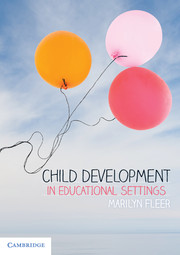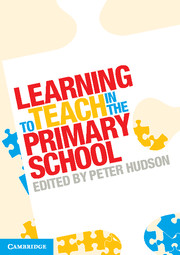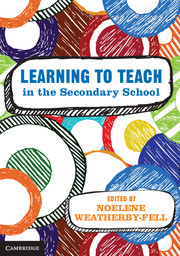Learn to Teach
Learn to Teach explores the most up-to-date findings on how children learn, to help teachers create effective learning environments and plan for teaching. Drawing on a neo-Vygotskian approach to learning, it covers the purpose of education; socio-cultural approaches to human cognition; attention and intelligence as cognitive tools; and the role of mindsets, memory and language in learning. It promotes the idea that the mind is a cultural product and that education is best understood as fostering the development of valued cognitive tools appropriate for the twenty-first century. To provide readers with a holistic understanding of learning, the book explores the significant contributions to the study of learning and teaching from psychologists, sociologists and cultural theorists. Readers are encouraged to critically engage with - and challenge - some of the prevailing learning theories in order to better understand their students. Each chapter features classroom observation exercises, discussion questions and links to further reading.
- The best and most up-to-date evidence from psychology clearly explained
- Describes 'what works' in the classroom and why
- Supports the development of an optimistic view of children and their learning and reflective approach to teaching
Product details
September 2014Adobe eBook Reader
9781316057988
0 pages
0kg
This ISBN is for an eBook version which is distributed on our behalf by a third party.
Table of Contents
- Introduction
- 1. Ideas that shape thinking about learning and teaching
- 2. Culture and education
- 3. Natural pedagogy
- 4. Intelligence
- 5. Cognitive processes in the classroom
- 6. Memory processes: making it stick
- 7. Non-cognitive factors in school success
- 8. Experts and novices
- 9. Teaching unplugged: talk for learning
- 10. Assessment and feedback: teaching's engine room.







